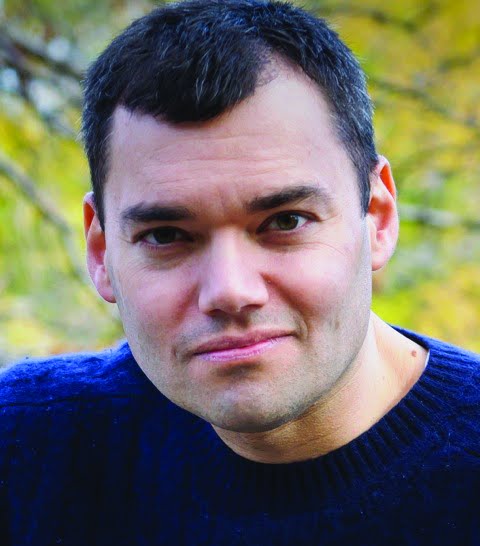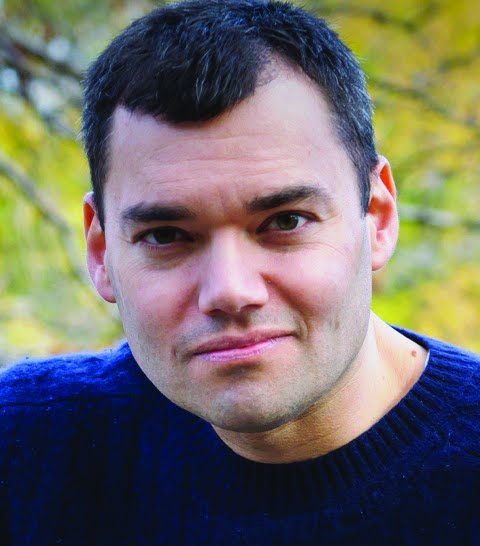 |
“This is a drama of profound significance in the history of the Jewish people,” says Peter Beinart, providing his perspective on Zionism and Israel today.
Beinart’s most recent book, The Crisis of Zionism, examines challenges facing Israel and the Jewish people today.
“The central drama is that of Jewish power,” continues Beinart in this exclusive interview with the Chronicle. “The Jews went 2000 years without a state, so Jewish thinking was really forged in Diaspora, mostly in positions of powerlessness. The question is whether that ethical tradition — which encompasses ideas of dignity and justice — can inform the actions of a Jewish state, and survive the encounter with Jewish power. This will have profound consequences for what it means to be Jewish in the coming years.”
Beinart is motivated to discuss these issues because of his Zionism. “If you care about the Jewish people, you want to be engaged in this. The fact that it’s such an ‘angry’ discussion at times testifies to the fact that people realise the stakes are high.”
Indeed, his book conveys the urgency in resolving the ‘crisis of Zionism.’ Beinart says that this is because “Zionism can only survive as a democratic project. The challenge is to prove that a state can be both Jewish and also democratic,’ he emphasises.
“To me, the majesty of Israel’s Declaration of Independence is that it uses these two ideas: It talks about a Jewish homeland, but promises complete equality. This is a document written in 1948, when Israel was fighting for its survival, when it was much weaker than it is today, with the Holocaust having just occurred. And this was how Israel’s founders decided to ‘stake their bet’ on how to make the Jewish state survive and how to define it,” he says.
Power creates its own challenges
Beinart feels that these values began to be compromised after 1967, leading to what he calls the crisis of Zionism. “When Israel began to settle the West Bank, it took a very dangerous turn away from these principles. It’s not because there’s anything wrong with Jews living in the West Bank — I can understand why people feel it’s a place of great significance for the Jewish people,” he says. “But the problem is the regime that exists there, which gives citizenship, the right to vote, and due process to Jews who live in the West Bank and doesn’t give it to Palestinians.”
He continues: “If you believe that one of Israel’s greatest accomplishments is that it gave citizenship and the right to vote to those Arab-Israelis who remained in its original boundaries; you can’t simultaneously claim your pride in that and then defend a regime that for 45 years has been the complete opposite, and which is entrenched by further Israeli subsidies for more and more Jews to move to the West Bank. That for me is the heart of the crisis.” All of these issues orbit around the confrontation between power and the Jewish ethical tradition, and Beinart realises that this is a difficult conflict to absorb. In his book, he writes that “The shift from Jewish powerlessness to Jewish power has been so profound, and in historical terms so rapid, that it has outpaced the way many Jews think about themselves.” To those who understand that Israel’s circumstances have changed but are struggling to deal with these realities, he says that “There’s a phrase that ‘Torah is heard anew in each generation’, and I think it’s the same with Zionism. Traditions must adapt to different realities if they’re to flourish. So the challenges of Israel today are not the same as they were in 1948 and 1967.”
To these older generations, Beinart says that “This different kind of conversation that we need to have for Zionism to survive is a testament to your own success. It’s because you heroically and at great cost struggled against Jewish powerlessness, and were able to bequeath to the next generation a Jewish state that is stronger; and in the Diaspora have created highly successful communities — that’s your accomplishment, and we should honour it. “But we need to deal with fact that power creates its own challenges. We have this image of Israel overrun by its enemies, or terrorism making Israel unliveable. I don’t want to discount those concerns — terrorism and rocket fire are very real, and Israelis suffer from these a great deal.”
Standing up for principles
Yet Beinart says that we have to balance this image with a different kind of threat “that I think is less intuitive for people: the threat of a one-state solution. Once you create a one-state situation, which is what Israel is on its way to doing by essentially paying people to move across the Green Line, you create a reality in which I don’t believe you can permanently hold millions of people, in today’s age, as non-citizens in the country in which they live.”
By taking actions such as these, Beinart feels that “You also take away the key to legitimising Zionism. Everyone talks about Israel’s deligitimisation, but I think what they fail to recognise is that what legitimises Israel above all in the eyes of the world is its democratic character. When you undermine Israeli democracy by creating this permanent regime [in the West Bank] in which millions of people lack democratic rights, you make it much harder to make the case for Zionism, and you actually produce what you most fear, which is Israel’s deligitimisation.”
Beinart feels that to be pro-Israel today does not require saying you support all actions of Israeli government. You can instead say “to me, being pro-Israel is to support Israel’s Declaration of Independence, and I’m going to stand up for those principles, because I think those are what define Israel.”
As this is the Pesach issue of the Chronicle, Beinart reflects on the essential messages of that story. “One of the very interesting questions is why there was this need for Jews to be slaves at all. If you think about Bereishit, by Yaakov, you have the Jews in the land they are going to inhabit, they’ve made the covenant, so why not go straight from there to Joshua or King David? Why do you need this interlude of Jews being oppressed in a foreign land? “One commentary says that God did not want Jews to create a kingdom without having previously had an experience of powerlessness and suffering — that this was supposed to inform the way we conduct dominion over others. We should hold onto this memory to inform our own wielding of power today.”











